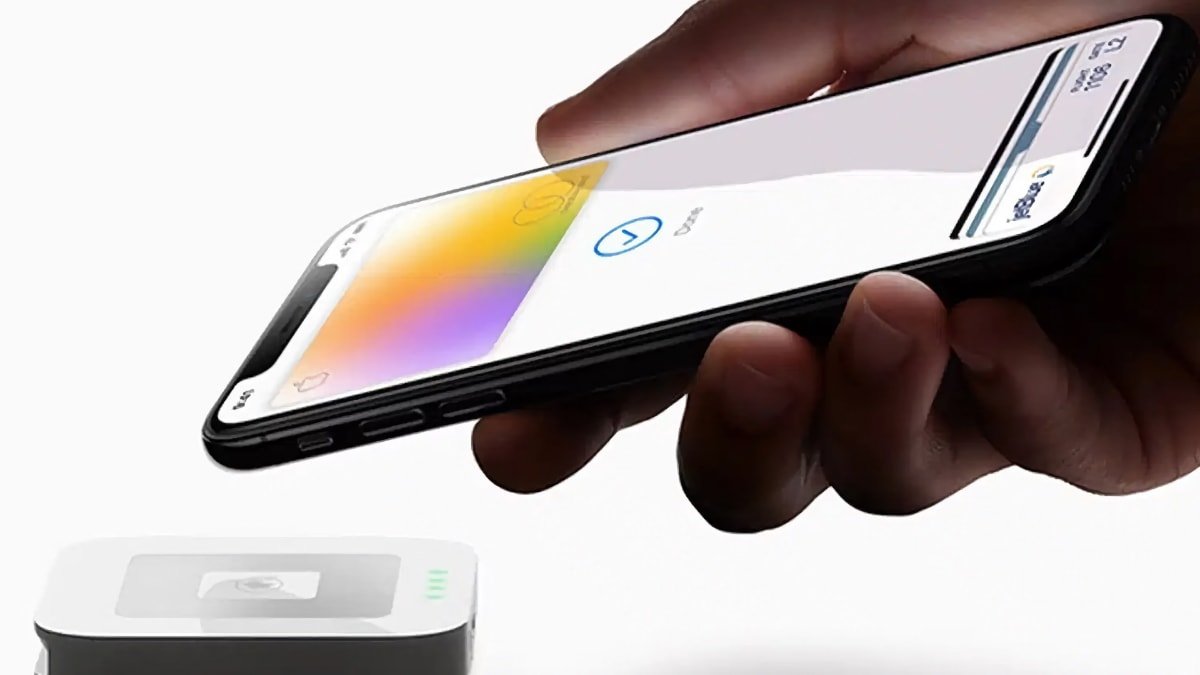EU regulators ramp up probe into NFC tech at core of Apple Pay
European Union officials continue to scrutinize Apple for its restrictions on the NFC antenna used for Apple Pay, a practice the European Commission dubbed anti-competitive.

Apple Pay
The European Commission, which oversees antitrust laws in the EU, has accused Apple of engaging in anticompetitive behavior since the launch of Apple Pay in 2015. Officials are concerned that Apple's limiting the iPhone's built-in NFC chip to Apple Pay makes it impossible for third-party companies to break into the mobile payment market.
Bloomberg has learned that the EU is currently exploring other payment options for mobile devices, such as QR codes and Bluetooth technologies, as alternatives to Apple's NFC chip.
The EU is not the first governmental agency to take issue with Apple's handling of the NFC on the device. Shortly after its launch, a group of prominent Australian banks attempted to boycott Apple Pay to negotiate access to the NFC hardware within Apple devices for third-party use.
However, the banks eventually backed down after the Australian Competition and Consumer Commission denied their boycott request in 2017.
This entire saga began in 2019. Four years ago, EU investigators requested feedback from payment companies regarding Apple Pay. They were concerned that Apple's decision to restrict the iPhone's NFC chip to only work with Apple Pay would prevent other companies from entering the mobile payment market.
Apple Pay is not the dominant mobile payment service in the EU, nor does Apple hold the majority of the smartphone sales.
Read on AppleInsider

Apple Pay
The European Commission, which oversees antitrust laws in the EU, has accused Apple of engaging in anticompetitive behavior since the launch of Apple Pay in 2015. Officials are concerned that Apple's limiting the iPhone's built-in NFC chip to Apple Pay makes it impossible for third-party companies to break into the mobile payment market.
Bloomberg has learned that the EU is currently exploring other payment options for mobile devices, such as QR codes and Bluetooth technologies, as alternatives to Apple's NFC chip.
The EU is not the first governmental agency to take issue with Apple's handling of the NFC on the device. Shortly after its launch, a group of prominent Australian banks attempted to boycott Apple Pay to negotiate access to the NFC hardware within Apple devices for third-party use.
However, the banks eventually backed down after the Australian Competition and Consumer Commission denied their boycott request in 2017.
This entire saga began in 2019. Four years ago, EU investigators requested feedback from payment companies regarding Apple Pay. They were concerned that Apple's decision to restrict the iPhone's NFC chip to only work with Apple Pay would prevent other companies from entering the mobile payment market.
Apple Pay is not the dominant mobile payment service in the EU, nor does Apple hold the majority of the smartphone sales.
Read on AppleInsider

Comments
I think not
Apple only has a small percentage of the market in the EU anyway. It's mostly Android. Talking about a lock in the marketplace by Google!!!! Google can spy on people world wide.
Android has double the market share of iOS. in the EU. If you don't like what Apple does, you are free to buy any other phone.YOu can buy a Google phone, a Samsung phone or a dozen other Android phones. Why doesn't any company in the EU develop its own OS and phone to sell in the market? Because the EU and their laws make developing anything there to costly for most all companies there. Just like with Game Consoles. Where are they? Not a one developed in the EU. Then they go crying about it.
This is a case of the middle men (banks and the credit monopolies MC/VS/Disc) not wanting to give up their power.
Do some bloody research before embarrassing yourself.
From the third parties' point of view they're looking to behave the same way as Apple and control anything they rely on for their business. For them, this is pretty much an existential fight.
Apple has deeper pockets than any individual bank and the advantage of being the first party provider. Since Apple is not a majority provider in the market, they're safe from antitrust regulation - for now. I expect Apple to win, and we have to hope that Apple will continue to be a benevolent overlord and not exploit any monopoly that eventuates.
rampant than it is now.
coming that can be used this way.
Apple currently has about 1/3 of the market share. That's not "small" by any measure.
Usage share is considerably higher, since iPhones tend to remain in use much longer than Android.
Apple is absolutely a major player in the EU.
You're not old enough to remember Nokia, are you.
My wife doesn't want it that way. She wants to use her bank card through her bank's wallet system just like I do on my Android phone.
She can't because Apple doesn't allow it.
IMO, Apple should make its NFC setup available to banking institutions, inform users of what the options are and let consumers decide.